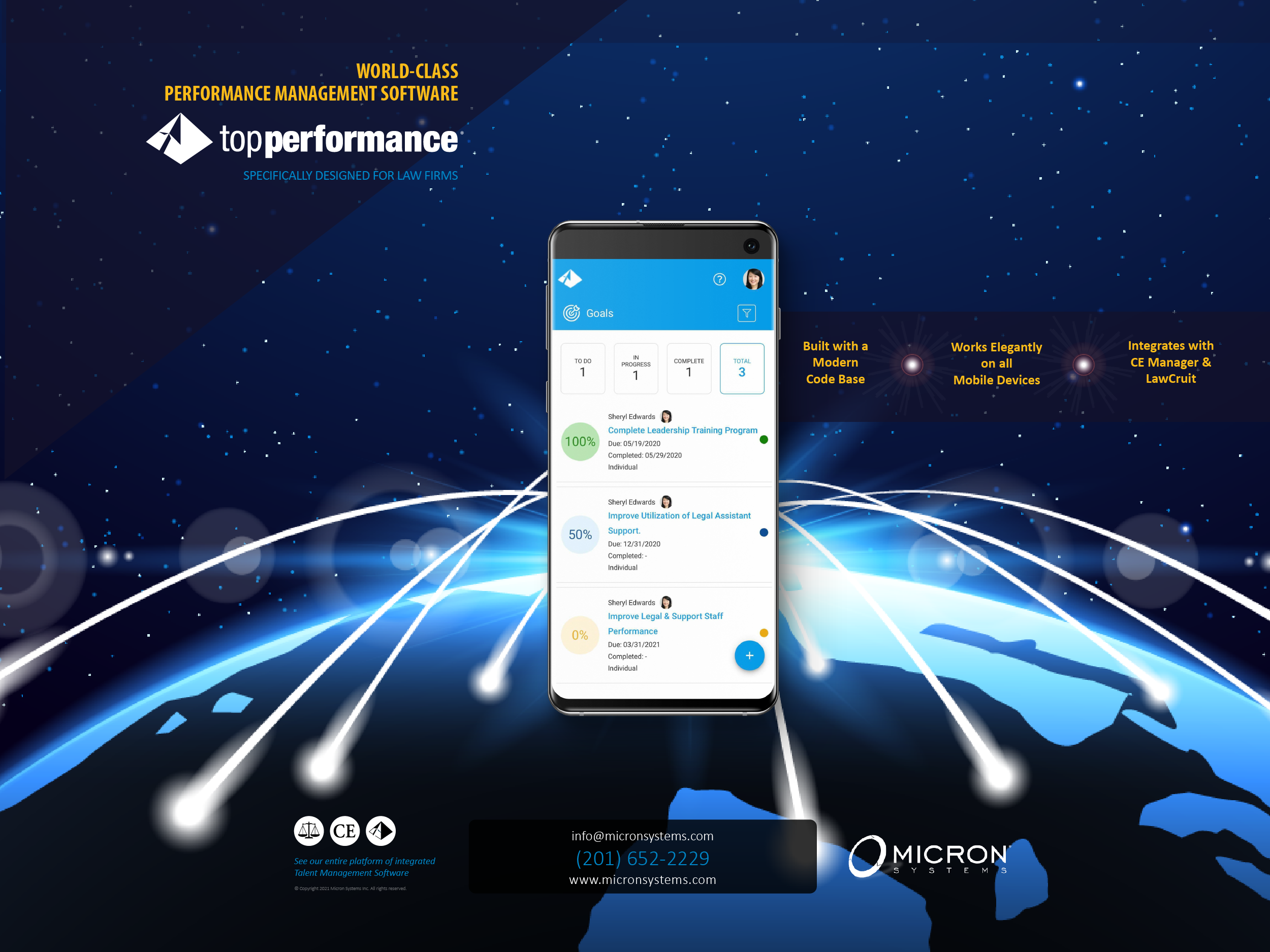But then your vendor starts using terms like master service agreement and managed service agreement. In recent years, these terms have not been defined as interchangeably as they have in the past. So what’s the difference between them and which could benefit your group more?
Let’s start by looking at how most vendors are currently using these terms. First, most e-discovery vendors are defining a master service agreement (MSA) as a single legal document that consolidates the agreement between the vendor and its client across all active matters, defining engagement processes, payment terms, payment procedures, intellectual property, confidentiality, liability, dispute resolution and often pricing.
An effective way to understand this concept is that if a client has no MSA on file, a similar style contract would be drafted and executed on a project-by-project basis. An MSA, while drafted like a project-by-project contract, allows a vendor and a client to engage on multiple projects without the step of drafting and executing a new contract for each new project and the client has no obligation beyond payment.
Most e-discovery vendors are defining a managed service agreement as similar to a master service agreement, with the difference being the following options on top of the standard terms and conditions: more inclusive service offerings, dedicated software and/or infrastructure, dedicated personnel, less restrictive/full access control over software and/or infrastructure, service-level agreements and better pricing rates. Vendors offer these additional options with an obligation by the client to both pay and meet a minimum threshold of work (often defined by a total allocation of data) and a time period commitment during which the client intends to primarily use the vendor’s services.
Think about managed services as the option to outsource all your e-discovery technology needs to a group of experts who not only understand how to run an e-discovery matter and assist with quickly and cost-effectively finding/producing your documents, but also holds a core competency in setting up, running and maintaining a highly available/highly responsive infrastructure to support the demanding needs of e-discovery.
BENEFITS OF MANAGED AND MASTER SERVICE AGREEMENTS
Now that we understand these distinct types of agreements, we need to get into the benefits of each to help decide which would be better for an organization. The benefits boil down to a few key components:
- Obligation requirements
- Pricing
- Service needs
The most important factor most clients must consider is the obligation involved and their ability to meet that requirement. To understand how each type of contract can be of benefit, let’s look closer at obligation requirements.
It may not be apparent what benefit could come from agreeing to such a requirement, but consider what your vendor is offering in return. In most scenarios, with this commitment, a vendor will provide discounted pricing, included services (such as user allocation, project management time or processing) or a combination of both. When we consider the possibility of lower rates or having a service included at no additional cost, we can easily see how a managed service agreement could benefit an organization if it has the continued ability to meet the obligation requirement.
THE KEY BENEFITS TO EACH TYPE OF CONTRACT
In a master service agreement, organizations have:
- No requirements to host a minimum amount of data or provide a minimum amount of work.
- No defined time period commitment to meet an obligation requirement.
- No contract requirements needed to begin a new project.
In a managed service agreement, organizations get:
- Discounted pricing, making the vendor services a more cost-effective solution.
- Included service offerings, allowing the client to engage the vendor in more aspects of the project without incurring additional expenses.
When evaluating which contract type would best benefit your group, you must consider all the advantages listed above, as well as the ongoing needs of your legal organization. While a managed service agreement can offer a cost-related advantage, it’s not always the right solution for every group. My recommendation is to speak with your preferred vendor and discuss its offerings. Often, a vendor will tailor a solution within one of these contract types to best meet your needs.


